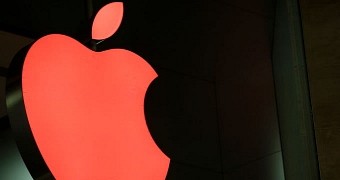Apple really can’t stay away from legal trouble, as after the lawsuits in China and Germany, the Cupertino-based tech giant is now facing the wrath of Samsung’s home market.
South Korea’s antitrust watchdog accuses Apple of using its position of a mobile leader to exploit local telecom companies and transfer several costs to them in exchange for selling the iPhone.
In a recent hearing, the country’s FTC said Apple forced carriers to cover the costs for advertising, iPhone launch events, and even repairs.
“Apple’s (superior) position in business dealing with local telecom firms is recognized based on economic analysis. (Apple) collecting advertising funds are merely additional ways of exploiting telecom carriers’ communications service profits,” FTC officials were quoted as saying by The Korea Herald.
Apple representatives, including witnesses who are economists and business academics, said the company did not abuse its power, explaining that both the Cupertino giant and local carriers benefitted from the investments in South Korea.
“When advertising funds are formed, it benefits both Apple and the mobile carriers. Apple’s involvement in the advertising activities is justified as it maintains Apple’s brand (reputation),” they explained.
Previous accusations
Apple was accused in late 2017 of forcing South Korean carriers to replace the systems they used to sell the iPhone, technically enforcing a transition from Windows to iOS. Furthermore, Cupertino allegedly required telecom companies to pay for this transition to iPads, with costs estimated to reach millions of dollars.
“Telecom carriers may not be able to resist Apple’s demands considering loyal customers of iPhone and the already heated competition among them. We have no other option but to accept the demands,” one telecom company official was quoted as saying at that time.
Similar claims surfaced in November 2018 when the Korea Mobile Distributors Association revealed that Apple requested local retailers to pay for demo iPhones, as well for the costs associated with setting up special shelves for display units.

 14 DAY TRIAL //
14 DAY TRIAL //